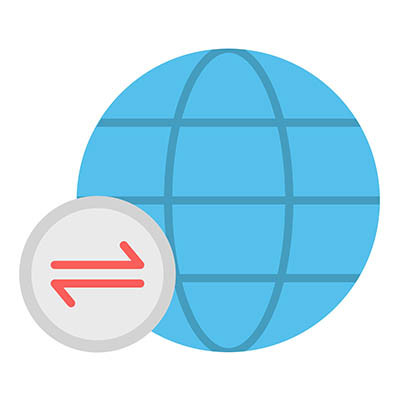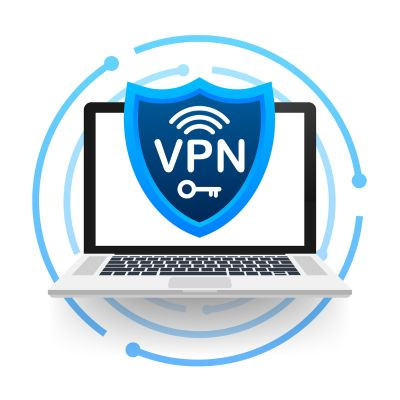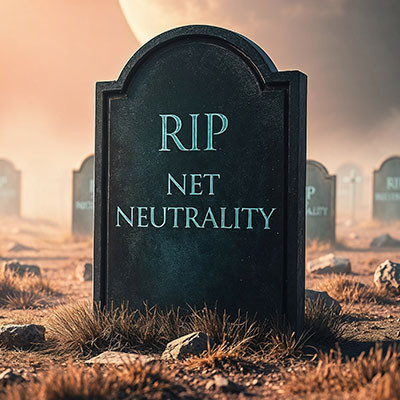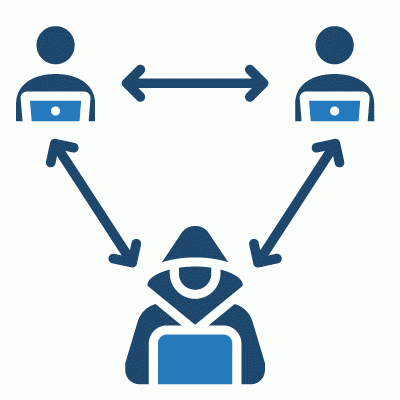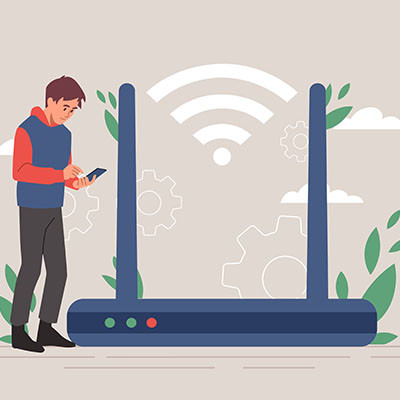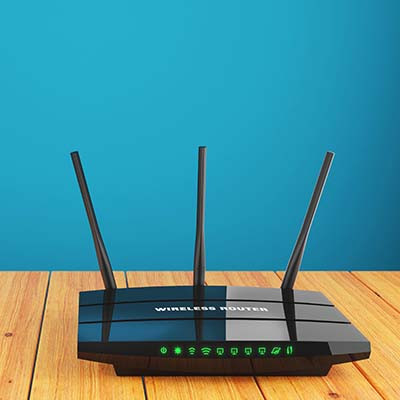Ah, the Internet. Connectivity issues aside, it’s a wonderful tool that helps you get more work done. But what happens when those connectivity issues do cause problems for your business? What if you have a strong signal, but you keep getting booted from your virtual meetings for seemingly no reason?
Global Tech Solutions Blog
What if we told you that not all VPNs were created equal? What if we said that some are meant to be used by consumers, while others are meant to be used for businesses that need to keep data secure while out of the office? Today, we want to clear up some misconceptions about what virtual private networks do, how they work, and what they actually protect you from—as well as how you can get started with a business-grade VPN today.
Passwords are the most used account security apparatus. As such, it’s essential that everyone connected to your organization has your overall cybersecurity in mind and knows exactly how to secure the accounts they use. In today’s blog, we’ll look at some common passwords that don’t accomplish their stated purpose very well and how to change that.
When someone mentions cookies, people usually think of delicious treats like gingersnaps, snowballs, or the world famous chocolate chip. But what about browser cookies? While they may not be tasty, they certainly deserve your attention. You've likely encountered website popups asking for cookie permissions, and understanding what you're agreeing to is crucial. In today’s blog, we'll explain what browser cookies are, how they work, and why they are sometimes more beneficial than the sweet kind..
Cybersecurity attacks happen when you least expect it, and data is often more susceptible to a cyberattack while it’s moving from one individual to another. This is what is commonly known as a man-in-the-middle attack, or MitM. Essentially, data gets intercepted while it’s in transit—but what can you really do to stop it? Let’s find out.
Technology is one part of today’s business world that is known for its rapid rate of growth and innovation. In times when the future is uncertain, you can know with certainty that technology will continue to grow and address the pain points of tomorrow’s companies. That said, let’s take a look back to the past and see if we can make some educated guesses as to what the future holds.
The word “bandwidth” is thrown around a lot in business technology, but what does it really mean? Today, we wanted to cover some of the frequently asked questions business owners have about network bandwidth and what it specifically means for business technology infrastructures and data management as a whole.
Businesses have been starting to embrace the Internet of Things (IoT) for quite some time now as they can see the benefit of using devices to streamline parts of their business processes that may not be actively engaging. There is another growing trend in the space that is more sophisticated and could be one of the most transformative technologies in the near future, this is the Industrial Internet of Things (IIoT). This month, we discuss what the IIoT is and how it can be used by certain companies to massive benefit.
Google is a tool that everyone uses to varying degrees, but the reality is that Google is but one search engine. There are others out there, and while they perform similar functions, there is a reason why Google is synonymous with web browsing. Let’s take a look at why Google is so popular, as well as how it works to give you the best search results.
It hasn’t been too long since connectivity required an actual physical connection between the connecting endpoints, making a wired connection the de-facto option for businesses. However, now that wireless connectivity is so widely available, businesses now have a choice… but which is the better option? Let’s compare some of the pros of each to make the answer a little clearer.
You’d be hard-pressed to find a business that doesn’t rely on the Internet in some way, and everyone uses web browsers as a method of interfacing with the Internet. These browsers, however, are not necessarily the most secure applications by default. With some adjustments to the features, you too can optimize security and privacy when using your preferred web browser.
Just about all modern businesses rely on the Internet—especially the wireless kind—for at least part of their day-to-day operations. This means that there is a direct correlation between the strength and speed of their connection and the amount of productivity they can experience as a result of this connection. As your business grows, it is incredibly important to think about your Wi-Fi setup and how you can support its continued growth. Let’s go over the process for properly scaling your wireless network to accommodate its growth.
Over the week of June 14, a lot of applications and websites experienced outages, creating problems for many companies until it was resolved. Not only did these outages create business continuity issues, they’ve also exposed just how vulnerable the Internet is to these kinds of issues. Let’s take a look at what happened.


